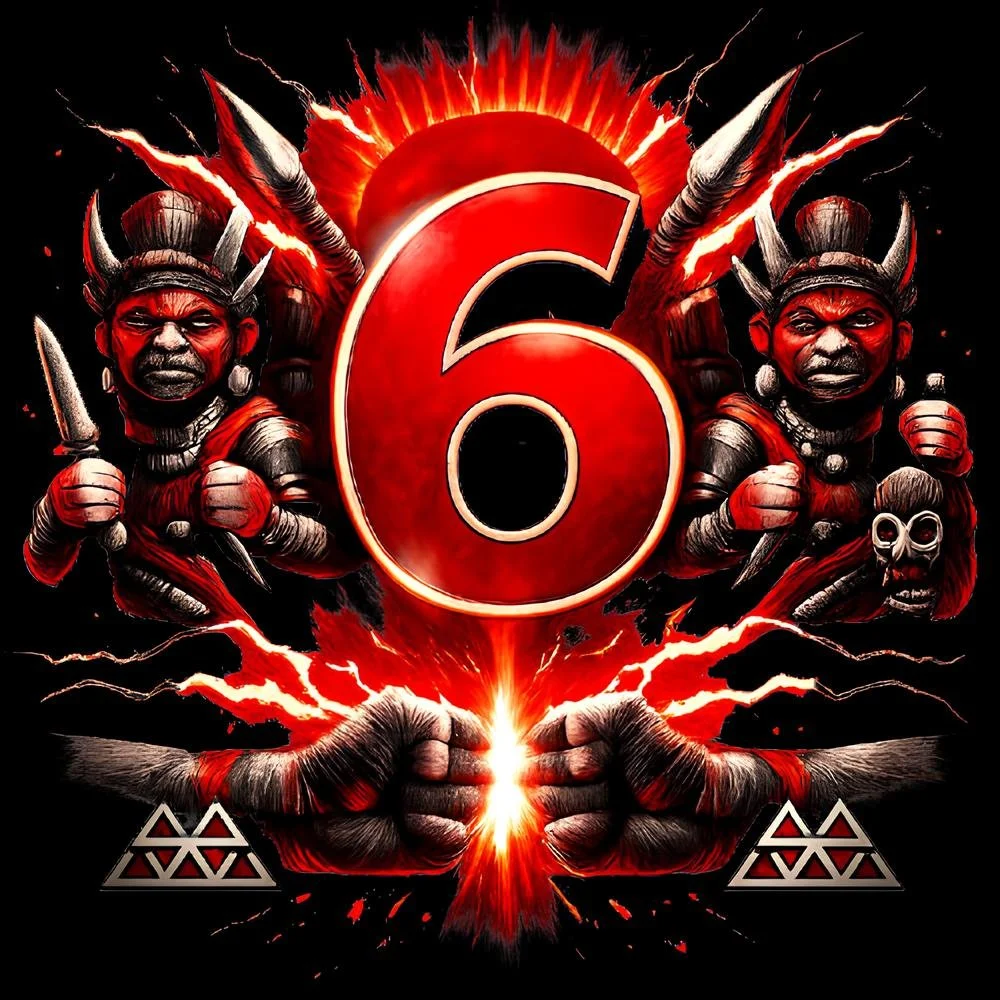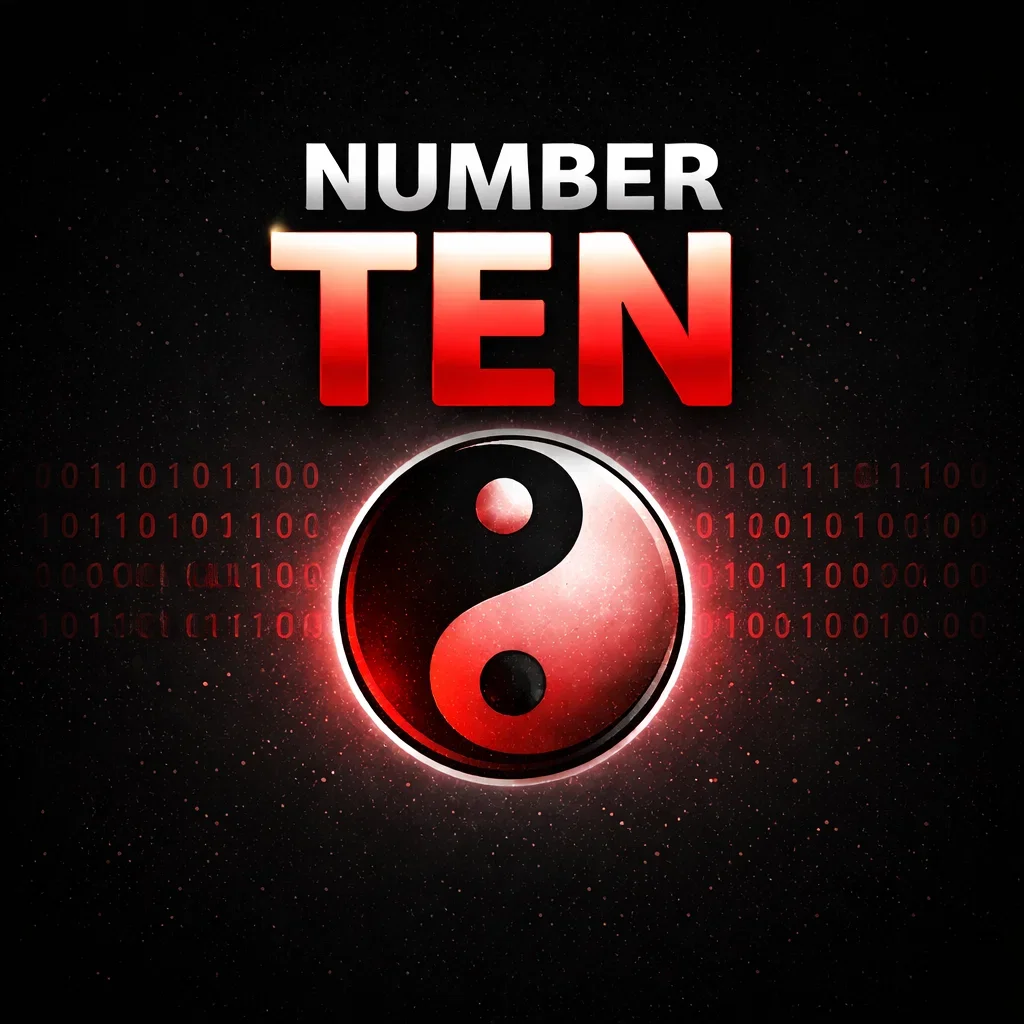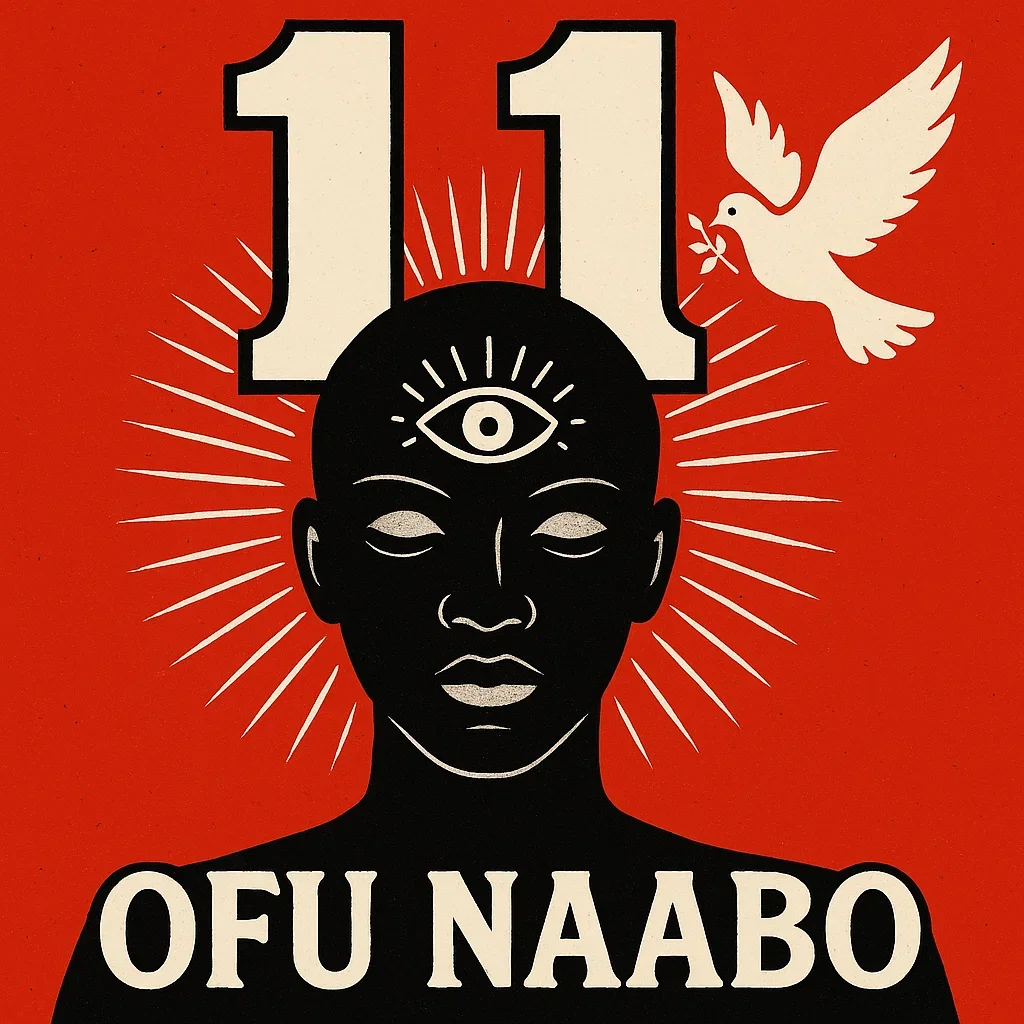An Introduction to Igbo Numerology
This teaching is set to “Public View,” so anyone with a link can view it.
Igbo numerology is a fascinating and intricate knowledge system that contains the spiritual, cultural, and philosophical wisdom of Igbos, based off the energetic imprints of numbers. Each number in this system holds subjective meanings and can be interpreted as powerful symbols in Odinani.
This teaching will provide an overview of Igbo numerology. We will summarize different representations of numbers in Igbo culture, and very briefly explore the interpretations of numbers from one to nine.
For more expansive teachings on each number, see the Igbo numerology study guide.
The Basics of Igbo Numerology
In Igbo numerology, numbers beyond being mathematical symbols, are understood to also carry significant meanings and insights. Numbers are seen as carriers of spiritual energy and messages, each with its own set of attributes that can influence a person's life, decisions, and destiny.
This knowledge system recognizes the dual and multi-linear nature of numbers, meaning each number can have both positive and negative expressions, as well as multiple interpretation under both aspects. The interpretation of each numbers can vary based on the context, showing that what may seem negative in one situation might be positive in another.
It’s important to remember that what makes Igbo numerology distinct is its grounding in the Igbo worldview and subjective consciousness. The meaning of a number in Igbo culture may differ from how that same number is interpreted in other cultures; one culture might emphasize a number’s positive attributes, while another might be more attuned to its challenging or negative expressions.
Summary of Different Representations of Numbers in Igbo Culture
In Igbo culture, numbers are represented through various symbols and can be used in rituals, storytelling, and spiritual practices. They represent a myriad of things from life stages, elements of nature, to personal and communal attributes.
See a brief general summary below of how certain numbers are perceived and represented in Igbo worldview.
Igbo Words for Numbers and Their Perceptions
Ofu/Otu (One): Represents unity, beginning, and singularity. This is the number of Chukwu Okike—the Supreme Masculine Principle and Source of All Creation. It signifies the concept of "one-ness" or unity in diversity. Ofu is the number of “Ofo”.
Positive: Independence, leadership, initiative.
Negative: Isolation, loneliness, egocentrism.
Abuo/Ibuo (Two): Symbolizes duality, polarity, and balance. It is the number of opposites and complements.
Positive: Cooperation, harmony, balance.
Negative: Conflict, division, indecisiveness.
Ato (Three): Represents creativity, expression, and growth. It is the number associated with the energy of Ikenga and completeness.
Positive: Creativity, strenght of will, expansion.
Negative: Overexertion, superficiality, indecisiveness, scattering of energies.
Ano/Ino (Four): Symbolizes stability, structure, and foundation. It is linked to the four Igbo market days and seasons.
Positive: Stability, order, structure, practicality.
Negative: Rigidity, stubbornness, limitation.
Ise (Five): Represents adventure, freedom, and change. It is dynamic and versatile, a number associated with the human senses and actualization.
Positive: Adventure, versatility, adaptability, manifestation.
Negative: Instability, inconsistency, restlessness.
Isii (Six): Symbolizes harmony, family, and nurturing. It is connected to love, care, and domestic responsibilities.
Positive: Love, balance, responsibility.
Negative: Overprotection, worry, interference.
Asaa (Seven): Represents spirituality, introspection, beauty and wisdom. It is a sacred number linked to mystical and esoteric rituals or traditions.
Positive: Wisdom, introspection, spiritual awareness, beauty.
Negative: Isolation, aloofness, excessive solitude, stubborn ignorance.
Asato (Eight): Symbolizes power, material success, and authority. It is associated with abundance and mastery over the material world.
Positive: Success, power, abundance, material gain.
Negative: Greed, power struggles, materialism, loss or lack.
Iteghete/Itenaani/Itolu (Nine): Represents transcendence, humanitarianism, and enlightenment. It is the number of the sage and the philanthropist. It is also the number of “Chi” in its expression as the higher self.
Positive: Compassion, universality, culmination, mysticism.
Negative: Overwhelm, loss of focus, excessive idealism, unethical magic.
Duality in Igbo Numerology
Every number in Igbo numerology possesses dual meanings, which means they all have both positive and negative aspects. This duality is essential to understanding the full scope of a number's influence. For instance, while the number four can represent stability, it can also signify rigidity. Similarly, the number five's adventurous spirit can sometimes lead to restlessness and inconsistency.
It's important to remember that these dual qualities are context-dependent. A trait seen as positive in one scenario might be negative in another. Therefore, interpreting these numbers when it comes to divination requires an understanding of specific circumstances and the individual's life context, it may also require the intuitive and skillful translation of a good numerologist.
Exploring Symbols in Igbo Numerology
Symbols in Igbo numerology take various forms, such as shapes, items, and even natural elements. These symbols can serve as tools for communication with the spiritual realm, and they can provide guidance and insights.
For example, circles might represent unity or cycles while mirroring the number zero, while triangles could symbolize growth and progression while mirroring the number three, amongst others. Each symbol carries its own energy and significance, which can contribute to the overall interpretation of numerology readings.
In subsequent teachings, we will explore different symbols and numbers independently to properly highlight this point.
Conclusion
Igbo numerology is an intricate system that offers deep insights into the spiritual and cultural fabric of Igbos. It is a branch of knowledge that deals with the mystical significance of numbers.
We can all gain a better understanding of our lives and spiritual journeys by learning the possible interpretations of numbers, also by gaining an understanding of their multi-linear nature.
In subsequent teachings, we will explore each number in detail, providing multiple interpretations which will give comprehensive insights into their representations and significance in Igbo worldview.
Frequently Asked Questions
-
Yes it can. When used as a divinatory tool, Igbo numerology can offer deeper clarity into your natural traits, tendencies, and spiritual blueprint by analyzing the energetic significance of the numbers present in your birth chart and other personal markers.
-
Yes, very much so. Numbers are already deeply embedded in many Odinani rituals. For example, during alligator pepper cleansing, a specific number of rotations is made around the head. Similarly, the number of kolanut lobes and how they are interpreted carry numerical significance. A strong grasp of Igbo numerology equips a practitioner to navigate and understand these ritual elements more effectively.
Access recordings of our live three-day training held in March 2025. This masterclass covers the spiritual and symbolic meanings of numbers 1-9 in Igbo numerology.





















